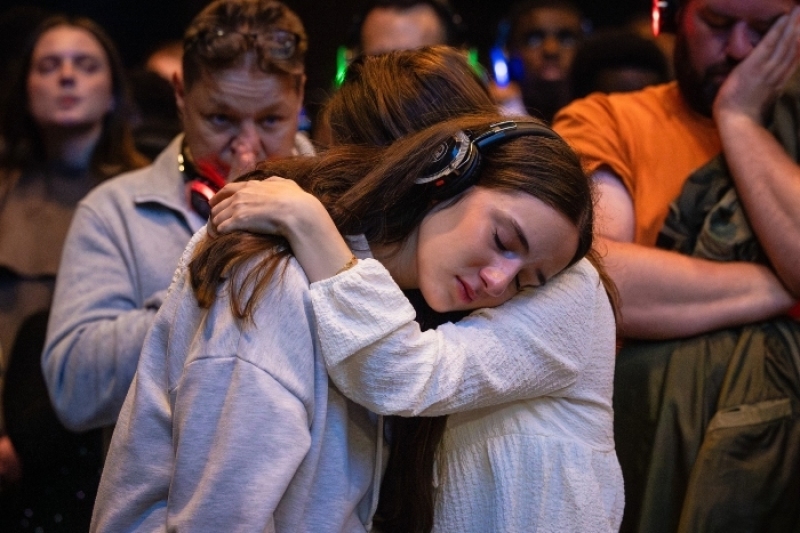
Amid growing feelings of disconnection from parents and older adults, nearly 40% of young adult women in Generation Z—those born between 1999 and 2015—now identify as religiously unaffiliated, according to new findings from Barna Research.
The report draws on data from 2,000 adults and teenagers ages 13 to 24, collected in the summer of 2023 and published last week.
Overall, 73% of Gen Z respondents say they believe in God or a higher power, and 47% say they believe Jesus is the only way to God; however, belief rates decline notably among Gen Z young adult women.
Barna’s data indicate that 38% of Gen Z women describe themselves as atheist, agnostic, or having no faith, exceeding the 32% of men in the same age group who report being religiously unaffiliated.
While recent Barna research points to a promising openness among Gen Z to explore spirituality and faith—including interest in Jesus—females emerge as the most likely to disengage from church, prayer, and belief across young adults and teens.
According to the report, young adult Gen Z women register the lowest rates of Bible reading, church attendance, and prayer among their peers. Only 58% of women ages 18 to 24 say they prayed in the past week, compared to 63% of younger teen girls and more than 70% of teen boys.
Just 31% of young adult women report reading the Bible over the same period, versus 41% across other Gen Z groups. Only 30% say they attended church in the last seven days—the lowest rate of any demographic group surveyed.
This level of spiritual disengagement coincides with other Barna findings showing Gen Z women perceive insufficient support from adults in their lives, including parents.
Only 23% of Gen Z young adult women feel supported by their father, compared with 47% of younger teen girls; 36% say they feel support from their mother, versus 74% of younger teen girls.
More broadly, just 32% of young adult women believe their parents understand them, and only 33% say they feel valued by older adults. Additionally, 40% of Gen Z women agree that “older people don’t seem to understand the pressure my generation is under.”
Complementary Barna studies suggest that since the COVID-19 pandemic, men have begun to outpace women on several key spiritual indicators such as church attendance. In its ongoing State of the Church initiative, Barna reported earlier this month that 43% of men attend church weekly, compared with 36% of women.



















